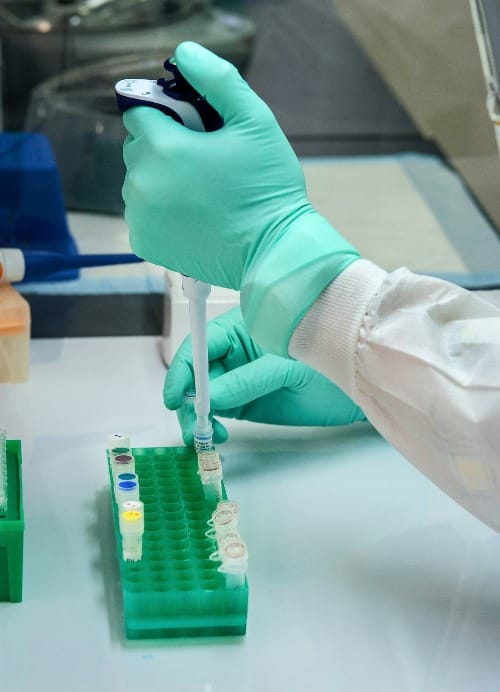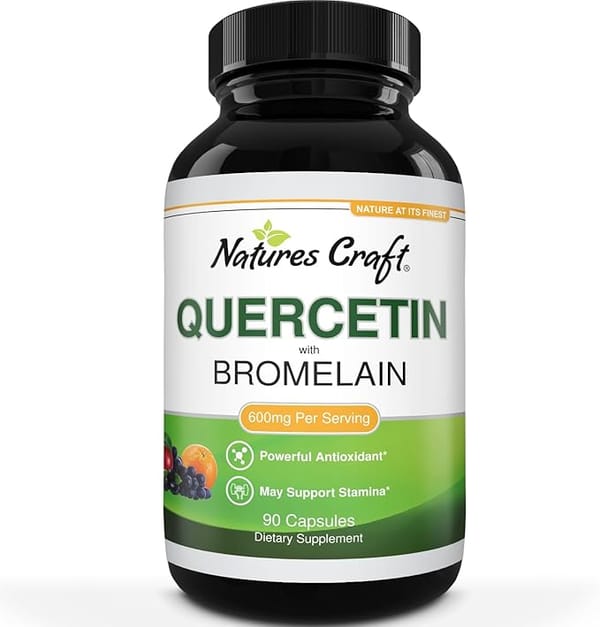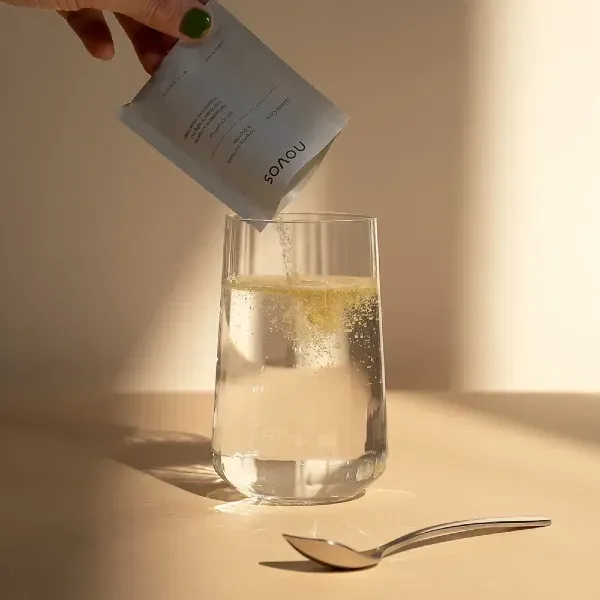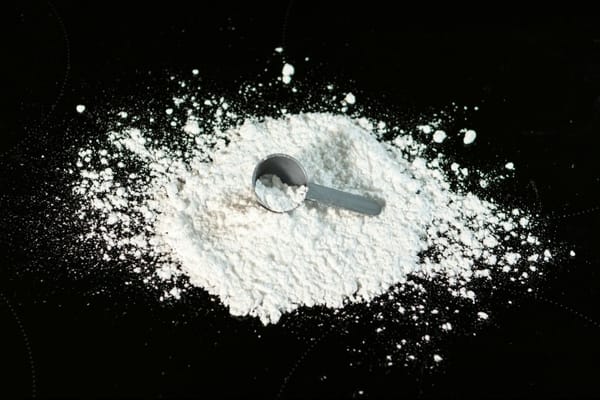Hyaluronic acid, a naturally occurring substance in the body, has gained attention for its potential to reduce the appearance of wrinkles and improve skin hydration. As we age, our skin's hyaluronic acid content decreases, leading to dryness and the formation of fine lines and wrinkles.
Definition and Overview
Hyaluronic acid (HA), also known as hyaluronan, is a naturally occurring glycosaminoglycan found throughout the body's connective, epithelial, and neural tissues[3]. It is a large, anionic, non-sulfated molecule that plays a crucial role in maintaining tissue hydration, lubrication, and structural integrity[2]. HA is particularly abundant in the skin, eyes, and joints, where it acts as a lubricant and shock absorber[4][5]. Its unique ability to bind and retain water makes it a key component in various medical and cosmetic applications, including dermal fillers, eye drops, and joint injections[1][4].
Clinical Evidence on HA
Numerous studies have demonstrated the efficacy of hyaluronic acid (HA) in improving skin hydration, reducing wrinkles, and enhancing overall skin quality. A randomized double-blind clinical trial involving 129 female participants showed that oral administration of HA significantly promoted skin hydration after 2-8 weeks, benefiting both young and elderly groups[1]. This study highlights the potential of oral HA supplements in enhancing skin moisture levels across different age groups.
Topical applications of HA have also been extensively studied. A literature review and clinical evidence indicate that HA-based cosmeceuticals are effective in improving skin hydration and rejuvenation. These products are well-tolerated and can be used as noninvasive solutions for enhancing skin quality[2][5]. For instance, a randomized controlled trial (RCT) found that using a HA-filler serum in combination with Botulinum toxin type A (BoNTA) injections extended the duration of BoNTA's wrinkle-reducing effects over a 24-week period[2].
Despite some recent challenges to the claim that HA can hold 1,000 times its weight in water, the molecule's hydrating properties remain well-supported. Research from the University of California questioned this claim by examining the water-binding properties of medium-sized HA molecules. However, it was noted that larger HA molecules could still form networks capable of retaining significant amounts of water, thus maintaining their hydrating efficacy[3]. This underscores the importance of considering the molecular size of HA in evaluating its effectiveness.
Overall, the evidence supports the use of both oral and topical HA in skincare, with numerous studies confirming its benefits in hydration, wrinkle reduction, and skin rejuvenation[1][2][3][5].
Mechanism of Hyaluronic Acid in Skin Hydration
Hyaluronic acid (HA) is a glycosaminoglycan that plays a crucial role in skin hydration due to its remarkable ability to retain water. HA molecules can bind with water, significantly increasing the skin's water content, which helps maintain skin plumpness and elasticity[1][3]. This hydrophilic nature allows HA to act as a humectant, drawing moisture from the environment into the skin, thereby enhancing hydration levels[5]. Additionally, HA is a key component of the extracellular matrix, contributing to the structural integrity and resilience of the skin[1]. By maintaining optimal hydration, HA helps to keep the skin smooth, supple, and less prone to wrinkles and fine lines[4].
Hyaluronic Acid and Collagen Production
Hyaluronic acid (HA) plays a significant role in collagen production, which is essential for maintaining skin structure and elasticity. HA enhances collagen synthesis by creating a supportive environment for fibroblasts, the cells responsible for collagen production[1][3]. Studies have shown that HA can stimulate the production of type I procollagen, a precursor to mature collagen, through mechanical stretching of the dermis when injected as a dermal filler[4][5]. This mechanical tension activates fibroblasts, leading to increased collagen deposition and improved skin firmness[4]. Additionally, HA's ability to retain water and maintain skin hydration further supports the structural integrity of collagen networks, making the skin more resilient to stress and reducing the appearance of wrinkles[2][3].














Member discussion